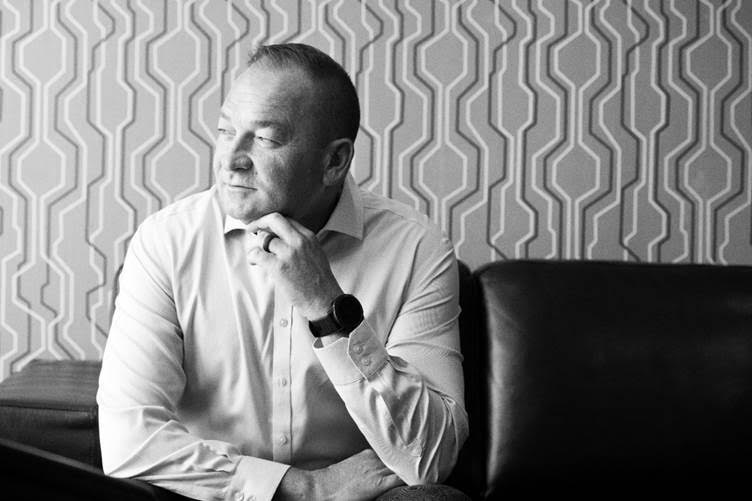
Barry Venter
As much progress as South Africa has made over the past quarter century towards greater levels of equity, our country is in the grips of multiple socioeconomic crises. Government on its own doesn’t have the capacity to address growing needs in areas ranging from early child development (ECD) and education through to healthcare, job creation, infrastructure creation and maintenance.
Corporate social investment (CSI) has an essential role to play in closing the gaps and helping to remedy the socioeconomic disparities. This is not just a matter of meeting regulatory imperatives such as black economic empowerment scorecards or even a moral duty, it is about creating a sustainable environment where businesses thrive because the communities they serve are also prospering.
Through CSI, private sector organisations help children to meet their potential, entrepreneurs to innovate, and communities to flourish. The Nashua Children’s Charity Foundation (NCCF) is a prime example of how targeted corporate giving can transform lives. Long-term Nashua employee Helen Fraser has overseen the initiative since 2006, growing it to support over 15,000 children today.
In the community and part of the community
It’s important to recognise that CSI isn’t charity dispensed by faceless corporations. At its most effective, it works because businesses are comprised of members of the community who understand the challenges that South Africans face. They have a vested interest in fostering long-term, sustainable development because they are part of the community.
At Nashua, for example, our business comprises more than 40 franchise operations. Most of our franchisees are local entrepreneurs, with friends and family in the communities they serve. They are passionate about schools and charities because they have relationships with them that stretch back many years. These close ties enable them to steer impactful projects that align with the needs of the community.
At the same time, these localised projects benefit from the scale that a large company can bring. High data costs and patchy infrastructure mean that many children and entrepreneurs in townships and rural areas don’t have access to high quality broadband. We address this challenge by working with franchises to provide free Wi-Fi in underserved areas.
As this example shows, CSI isn’t just about deploying financial resources, but also critical skills and expertise that can help communities secure a sustainable future. The long-term vision, however, isn’t just to provide services that close gaps for disadvantaged communities today. It is to build a platform for a prosperous nation where no one is left behind or excluded due to challenges such as spatial inequality.
Unlocking potential of the youth
The CEO Cycle Challenge, led by the South African Hall of Fame and supported by Nashua, is one example of how we are working to build a more inclusive future. This event, which took place in September 2024, invited business leaders to sweat for a good cause, raising funds to provide bursaries for high potential children from disadvantaged backgrounds to attend prestigious schools. Executives will contribute to a better future while potentially meeting B-BBEE objectives.
The 2024 Olympic Games where many of our athletes discussed their challenges rising to the top and funding participation in sport highlights the need for such a programme. Some of our medal winners needed to fund their own way to Paris because public money wasn’t available to support them.
It is tragic to think of how many more young athletes and leaders never reached their full potential because they were in schools without well-funded sporting and academic programmes.
Addressing South Africa’s socioeconomic challenges and unlocking its enormous potential starts with creating opportunities for the youth. By investing in the next generation through education and sports, we can shape the future of South Africa, one child at a time. It’s about creating a sustainable future where every South African can succeed.
Barry Venter, CEO of total workspace solutions provider, Nashua. He writes in his personal capacity.
INFO SUPPLIED.

